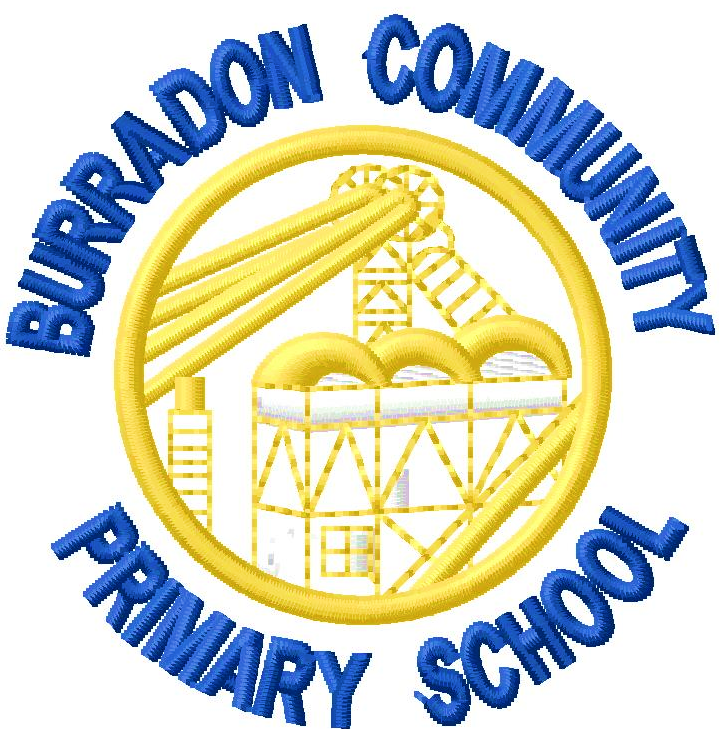Thrive Behaviour Approach
Mrs Hopper and Mrs Liddle are licenced Thrive practitioners. All other staff have had Thrive training in school.
What is Thrive?
Thrive is a therapeutic approach to help support children with their emotional and social development. It is a whole school approach based around, current studies of effective learning and current models of child development – in order to help the school to understand the needs being signalled by children’s behaviour.
The Thrive approach offers practical strategies and techniques and is built around online assessments which identify children’s emotional development and provides action plans for their individual needs. Whole classes can also use Thrive techniques and activities to address any issues or as part of PSHCE sessions in school.
Research has shown that how we behave is linked to how we feel and our emotions are linked to how we learn. By teaching children to recognise and notice these feelings and emotions it can help with their development and learning.
Children sometimes need some extra support with their emotional growth and this can be temporary or over a longer period of time.
Thrive promotes their emotional and social growth by building positive relationships between a child, their peers and the teaching staff and helps them explore and understand their feelings through various activities.
Who has Thrive sessions?
Everyone! Though they might not realise it. All of our pupils have access to regular class-based Thrive activities; most art and sport activities are taught within the Thrive approach. Each class has a Thrive sessions as part of PSHCE in areas such as sharing, turn taking, importance of rules and respectful behaviour. Many children will respond to the care, understanding and support given by parents, family, friends and teachers. However, some children need a little bit extra.
Some children will also require individual or small group sessions. Just like adults, some children experience difficulties during their time at school and these difficulties may also be present at home. The thrive approach enables us to pick out the specific difficulties and plan activities to address these difficulties. Some of the typical areas we work on in Thrive sessions are:
- Getting into trouble at playtime.
- Finding it hard to settle in the classroom.
- Finding it difficult to manage their strong feelings.
- Difficulties with friendships.
- Not knowing who to turn to when feelings are too big to manage on their own.
These situations can lead to many different feelings which may seem overwhelming at times. They might include: anger, frustration, sadness, loneliness, confusion or anxiety.
All these feelings are very normal and happen to a lot of children. The Thrive sessions are to help children learn to manage their feelings and teach them strategies that will help promote their learning at school.
What will happen in a Thrive session?
The session may be on an individual basis or as part of a small group of children and will usually take place in our Thrive room. During each session there will be an activity which may include:
- Story telling
- Circle games
- Arts and crafts
- Sand play
- Movement and relaxation
- Hand massage
- Cooking and preparing food
- Role play and puppet work
- Games
- Gardening
Our vision and aims
Our Vision is to:
Develop children emotionally so they are able to recognise and distinguish their emotions and learn ways of responding to their feelings appropriately.
We aim to:
- Provide alternative support for children who are experiencing emotional, social or behavioural difficulties.
- Provide a safe and calm environment for children to develop their skills.
- Enable children to take pride in their achievements and enhance self-esteem.
- Help children to manage their feelings and develop skills to enjoy and participate in school life.
- Use positive approaches to manage all behaviours.
Thrive parent/carer sessions and Drop in Sessions.
We run Family Thrive parent sessions once a year and these run for 6 sessions. We also run drop in sessions each term. These sessions provide information about the Thrive approach and support for all parents.
We can't wait to welcome you!
Comments from parents/carers sessions:
"This course should be made compulsory for all first time parents and further refreshers for those that are interested."
" Fully enjoyed attending the training which has furthered my knowledge and understanding. Enjoyed using this at home with my boys. Thank you for this great opportunity."
Excellent, informative and gave me a great deal of insight into children's development and behaviour neurologically."
More information
For more information about the Thrive approach see the website: www.thriveapproach.co.uk
There is a Thrive section on our school website under Key Information or contact Mrs C Liddle Deputy Head or Mrs H Hopper HLTA on 0191 6434680.
